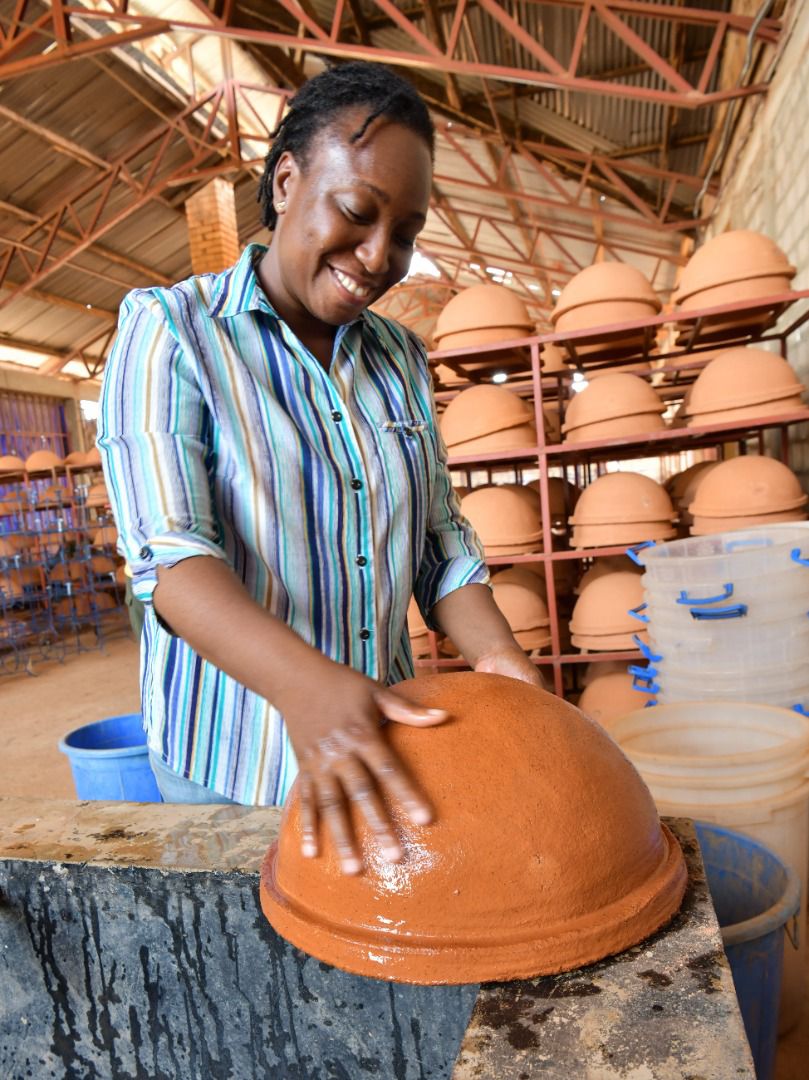Ceramic Water Filter
In rural communities across Northern Ghana, access to clean and safe drinking water has been a persistent challenge. Water bodies have become contaminated with hazardous levels of heavy metals such as arsenic and mercury, largely due to unregulated mining. Filtering and removing these contaminants is typically expensive and complex—placing safe water out of reach for many households.
In response, the West African Centre for Water, Irrigation and Sustainable Agriculture (WACWISA) at the University for Development Studies (UDS) developed a groundbreaking, low-cost ceramic water filter using locally available materials. The filter employs agricultural by-products—rice husks, sheanut shells, and groundnut shells—combined with zeolite. These are charred, milled, mixed with clay, and fired at 850°C to produce durable ceramic filters that remove up to 98.7% of arsenic and mercury.
Over 200 individuals in five rural communities now benefit from these filters, improving access to clean water and reducing waterborne diseases. Critically, local residents are trained to produce the filters, creating a sustainable model that empowers communities and builds local enterprises.
A benefit-cost analysis shows a favorable ratio of 1.06, supporting scale-up as a viable, sustainable venture. With growing traction, the solution can benefit thousands more across Ghana and beyond—especially where water contamination challenges are similar.
Beyond water, WACWISA’s innovations are improving livelihoods. In collaboration with UNIDO, the center developed an improved shea roaster using locally available materials. Distributed to 14 women’s groups across the Upper East, Upper West, and Northern regions, the roaster led to a 40% increase in butter yield and a 30% improvement in fatty acid quality—while reducing fuelwood consumption and environmental impact. The initiative has trained 504 shea processors and 28 local fabricators.

To tackle irrigation inefficiencies, WACWISA researchers designed a smart irrigation system for tomato farming using MATLAB-based predictive control. Field trials achieved a 29% reduction in water use and delivered up to 10.4 kg of tomatoes per m³ of water (vs. 7.1 for open-loop and 5.6 for manual methods). This scalable approach helps farmers conserve water and lower costs.
Together, these interventions—ceramic filters, improved shea roasters, and smart irrigation—are improving health, boosting incomes, and advancing sustainable, locally driven solutions across Africa.
